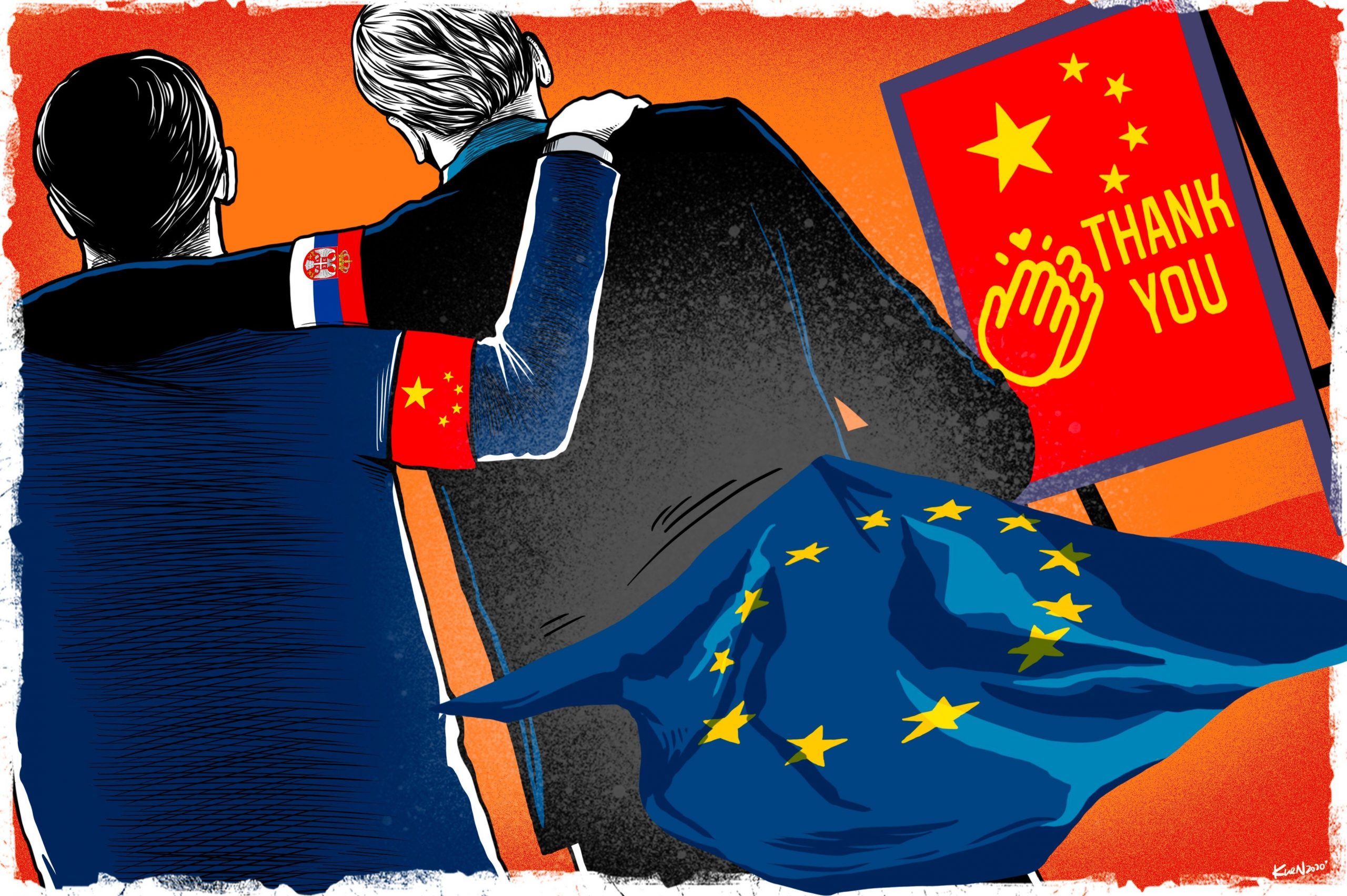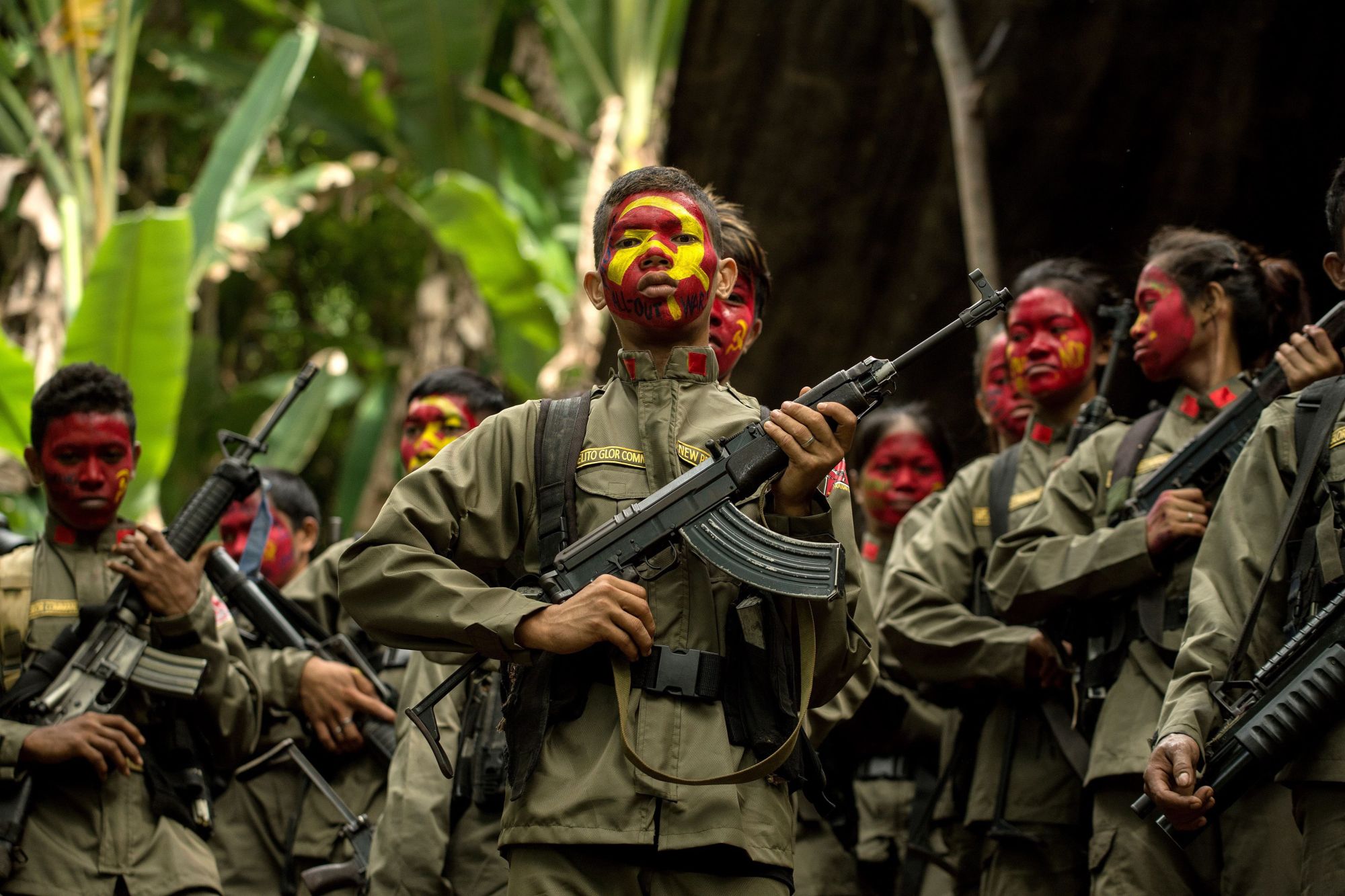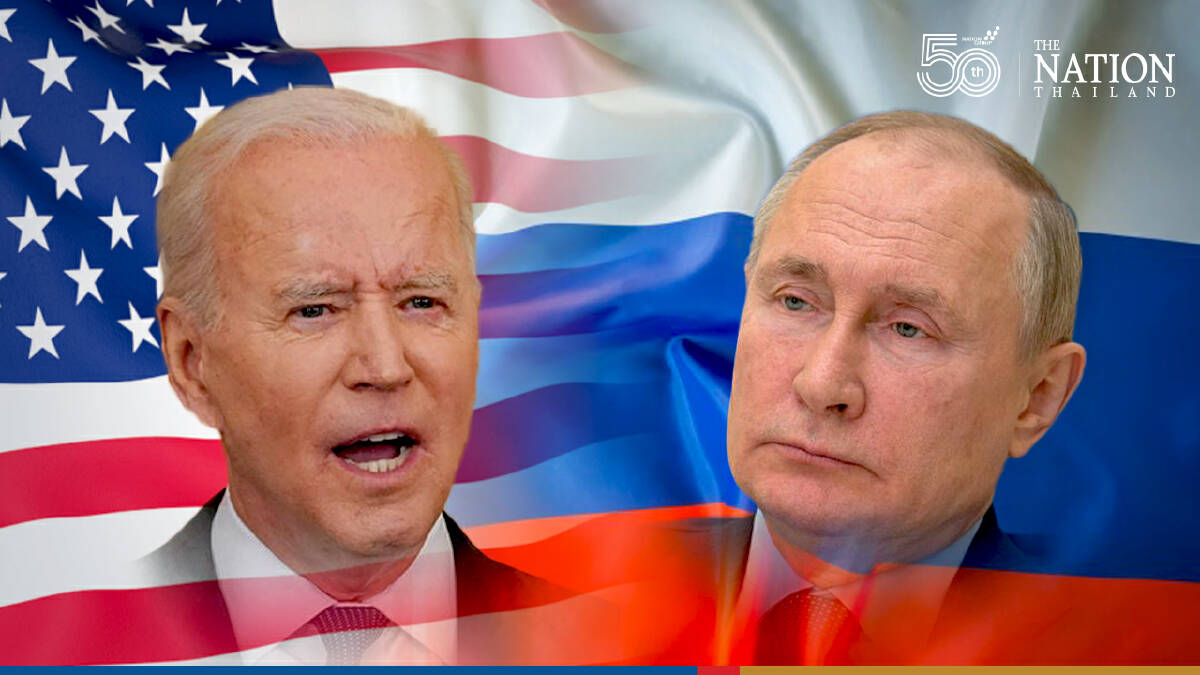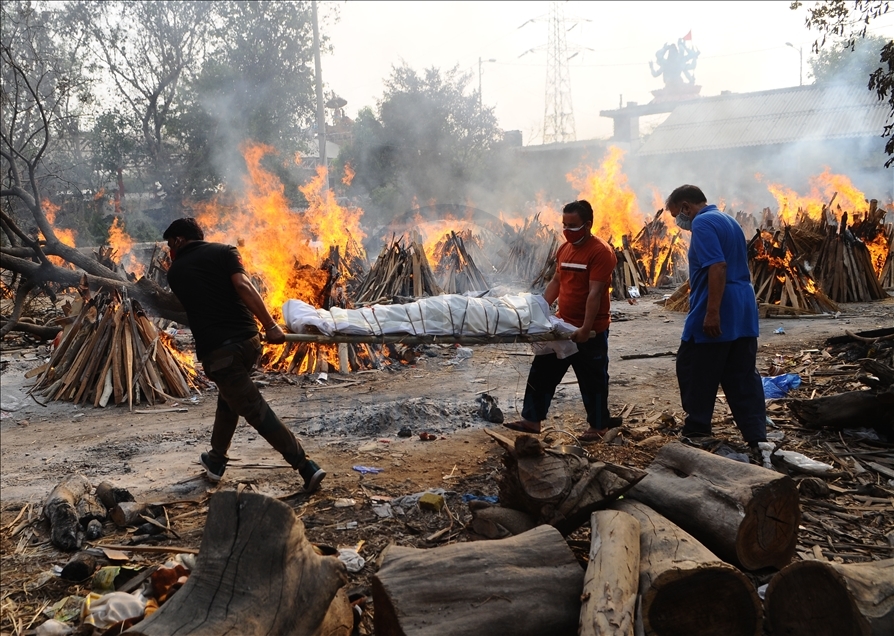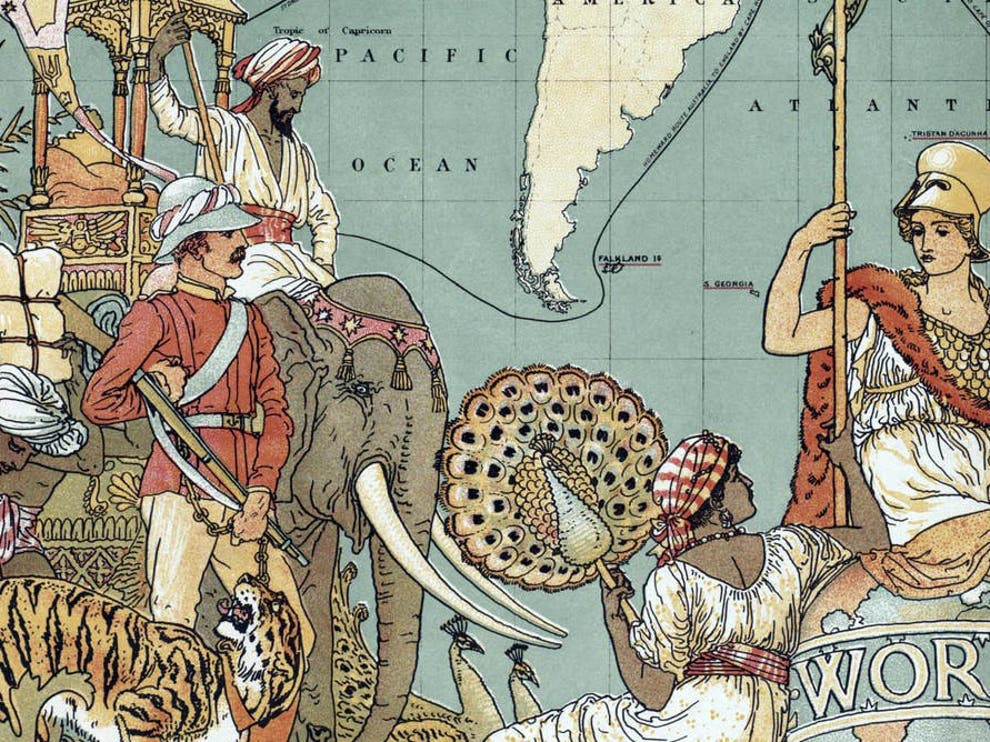Abstract: Since the second half of the 20th century, China has proven capable of reaching and even exceeding the expectations of an established bipolar, then unipolar world order. Therefore, we find ourselves at a time where its capabilities developed throughout recent decades to translate into a more influence-based strategy reaching virtually every country in the…Read More
